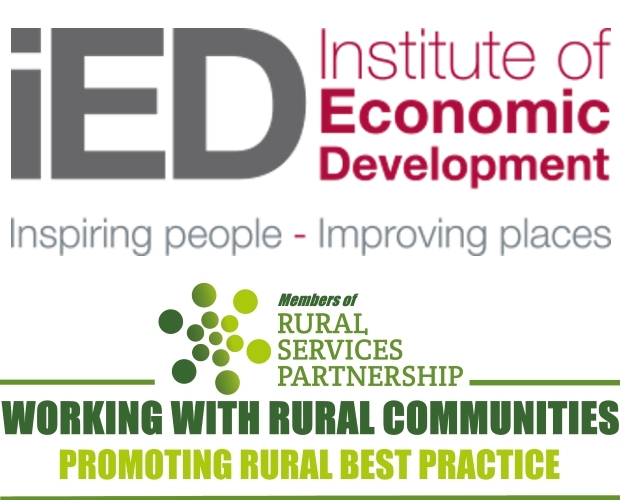T: 01822 851370 E: [email protected]
Institute of Economic Development
IED Annual Conference 2019 The Challenge of Change – economic strategies for a new era Wednesday 4th December 2019; BMA House, London Exploring ways to deliver inclusive and sustainable growth and more effective place...
Blog by Mark Lynam (iED board member) The General Election campaign has been positioned, by many commentators and politicians from across the spectrum, as an opportunity for renewal and refresh. A chance to seize the economic opportunities that...
January 2019 The Institute of Economic Development (IED) annual conference is always a great opportunity to understand the views of economic development professionals at the end of each year – and provide some professional input into those topic areas...
Established over 30 years ago, the Institute of Economic Development is the UK’s leading independent professional body representing economic development and regeneration practitioners working for local and regional communities. We manage a valuable network of economic development professionals from...
NEWSLETTER
Sign up to receive all our latest news and updates.
HOT TOPICS
Amid reduced public spending, fair resource allocation across regions is crucial. Despite a population larger than Greater London, rural areas receive significantly less funding for essential services, even though delivering these services in rural areas is more expensive.
Economic growth is widely acknowledged as essential for national wealth and prosperity and is a priority for political parties. Rural economies, employing millions and home to a higher proportion of small businesses, have potential for growth if barriers are removed.
Rural residents face distinct healthcare challenges, including limited access to transport, longer distances to medical facilities, an aging demographic, housing inadequacies, digital connectivity gaps, and difficulties recruiting health and care workers.
Rural communities are grappling with a severe affordable housing crisis, marked by high house prices, a lack of affordable housing, elevated living costs, and lower incomes, threatening their sustainability and vitality.
Transport is vital for the quality of life and economic health of rural areas, yet it faces challenges such as infrequent public bus services and less Government funding compared to urban regions.
Rural areas, encompassing a substantial portion of England's population and land, play a pivotal role in combating climate change and achieving the net zero target.
In an increasingly digital world, the lack of robust digital infrastructure in rural areas severely limits access to crucial services and stifles economic growth.
A future-focused vision for rural communities involves not just building the right homes in the right places but also ensuring thriving, sustainable communities.
SIGN UP TO OUR NEWSLETTER
Sign up to our newsletter to receive all the latest news and updates.






